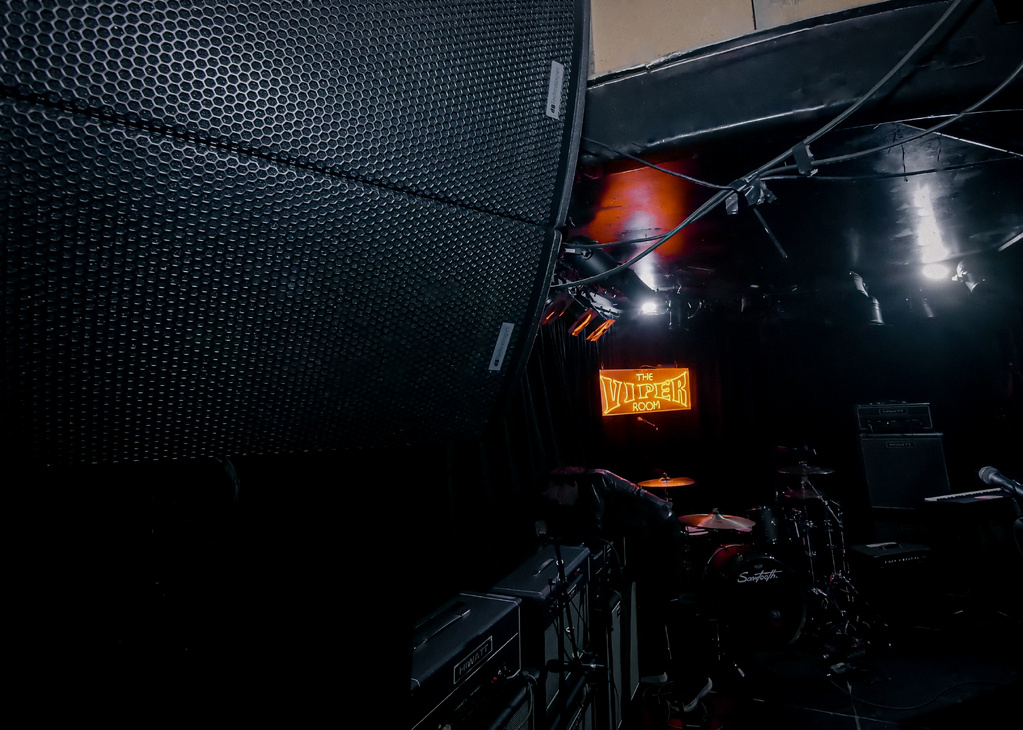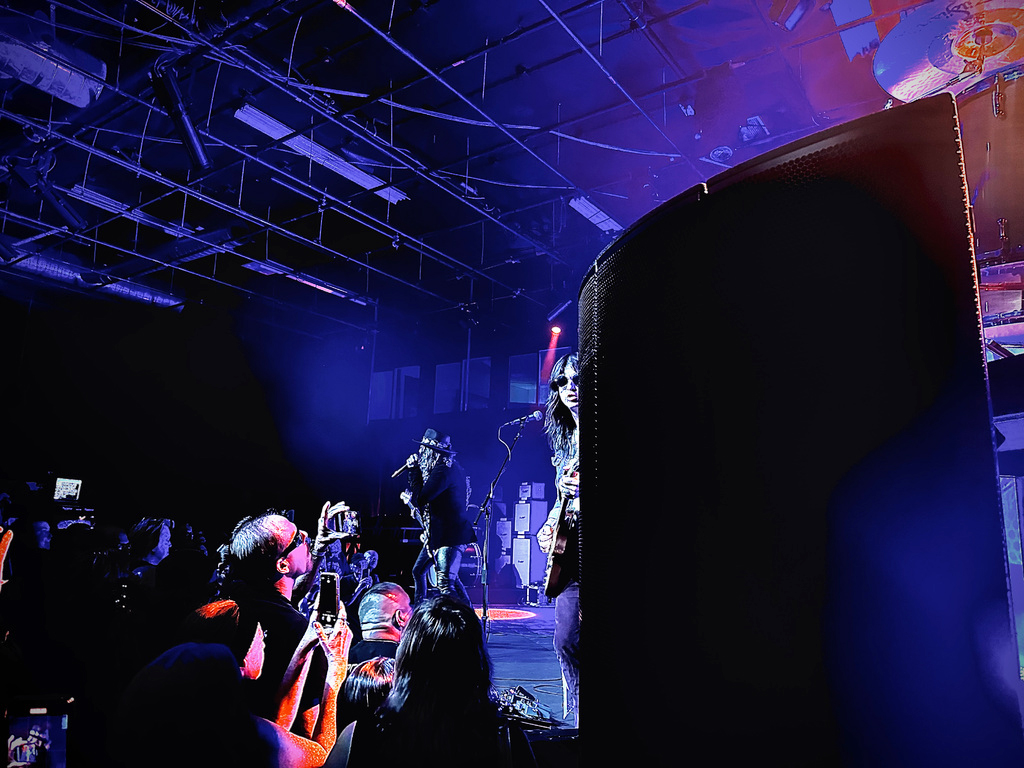Recently I was asked how I go about setting up demos of equipment. Several people have noticed that I regularly test gear and I know that many churches have a need to do the same. So, I thought an explanation might be appreciated.
Now before I get into the hows and why’s, let me issue a few disclaimers. If you are in a smaller church, I probably have a significant advantage when it comes to demo’ing gear.
I say this not as a point of pride, but to let you know that you may have to work harder at it than I do. I have three things in my favor that many do not; I’m at a good-sized church, my blog has been reasonably successful and I have someone who works for me who loves to demo gear (Kevin Sanchez) and is relentless in setting up demos.
Because our budgets are larger and we buy more, and because manufacturers want their equipment reviewed, I can get stuff pretty easily. With that said, you too can get demos of equipment. Here’s how I go about it.
Start with the Manufacturer
Whenever possible, I start directly with the manufacturer. If it’s a big company, they will refer me to the local rep. The rep sells the equipment to dealers, not end users.
One of the reasons I go to trade shows is to meet with manufacturers. It’s a lot easier to get a demo when you have a name and a face at the company. Once I’ve seen the gear I want to audition, I’ll contact the company to see about setting up a demo.
Smaller companies will typically just send it out, larger ones work through the rep.
Local Reps Are a Great Resource
When I don’t know anyone at the company, I’ll work through a local rep firm. Typically, reps work for multiple manufacturers.
Good rep firms will work with you to find the best fit for your needs and point you to solid dealers from whom to buy the gear from. Good reps know that end users buy equipment, and that means dealers buy equipment.
The rep firm’s job is to sell gear to the dealers, and if people are buying from dealers, everyone’s happy. For example, I’ve gotten to know the local Shure and QSC rep firm out here, so when I need to look at something from those two companies, I call them.
Good Dealers Can Also Help
I do a good deal of business with Rat Sound, and they’ve been very helpful in setting up demos for me. My contact there will often reach out to the rep and have the equipment sent over.
If I like it, I buy it from Rat. As a side note, don’t ask a dealer to set up a demo, then buy from someone else—that will be your last demo through them. Get to know your local dealer (or a national one if you don’t have a good local contact).
Relationships are the key to this business, and taking the time to get to know them goes a long way. Referring others to them helps, too.





















